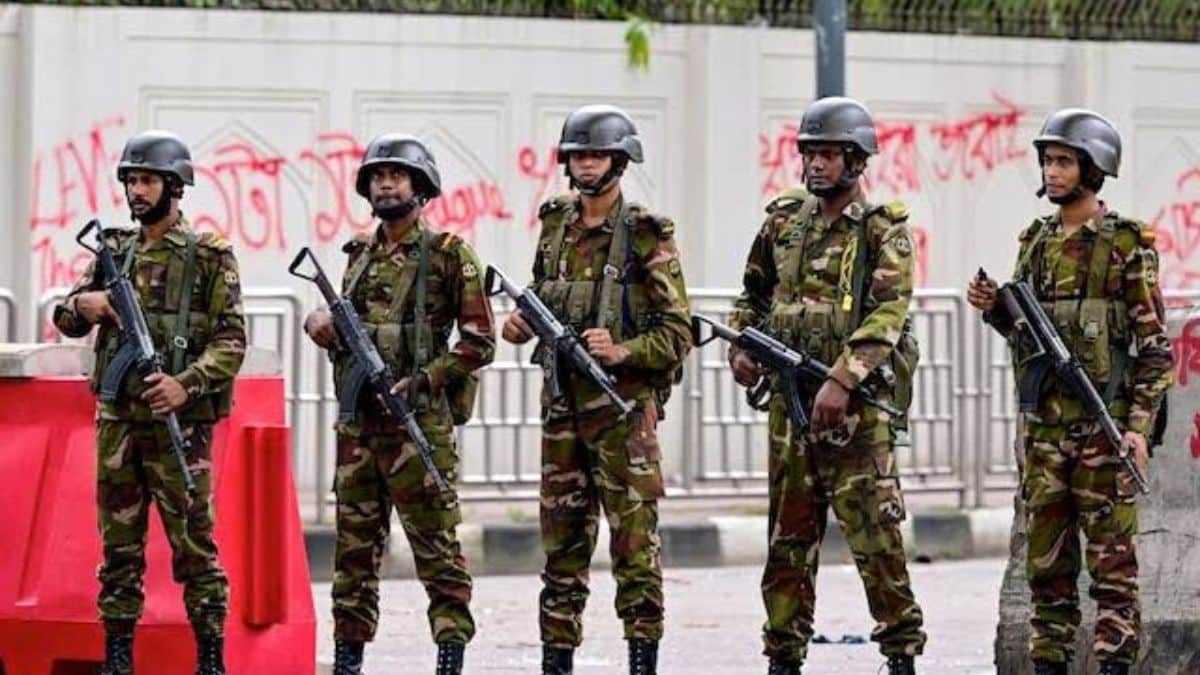In a surprising turn of events, Bangladesh has plunged into political uncertainty as Prime Minister Sheikh Hasina tendered her resignation, paving the way for the military to assume temporary control of the government. The resignation of Hasina, who has been a prominent figure in Bangladeshi politics for decades, comes amidst escalating tensions and protests across the country.
The catalyst for Sheikh Hasina’s resignation appears to stem from widespread public discontent over economic hardships, allegations of corruption, and concerns regarding the government’s handling of recent crises.
Following her resignation, the military swiftly moved to take control, citing the need to maintain law and order and ensure stability during this critical period. General Aziz Ahmed, the Chief of Army Staff, addressed the nation in a televised statement, emphasizing the military’s commitment to restoring peace and facilitating a smooth transition of power.
International reactions have been mixed, with several countries expressing concern over the suspension of democratic processes and urging restraint from all parties involved. The United Nations and regional bodies have called for dialogue and a peaceful resolution to the crisis, underscoring the importance of upholding democratic principles and respecting the rule of law.
Meanwhile, in Bangladesh, uncertainty looms large as citizens await further developments. The military has assured the public that its intervention is temporary and aimed at ensuring stability and conducting fair elections within a reasonable timeframe. However, concerns remain about the long-term implications for democracy in Bangladesh and the potential for further unrest.
As the situation unfolds, the eyes of the world remain on Bangladesh, hoping for a peaceful resolution and a swift return to democratic governance. The coming days will be crucial in determining the country’s political future and its path towards stability and prosperity.

